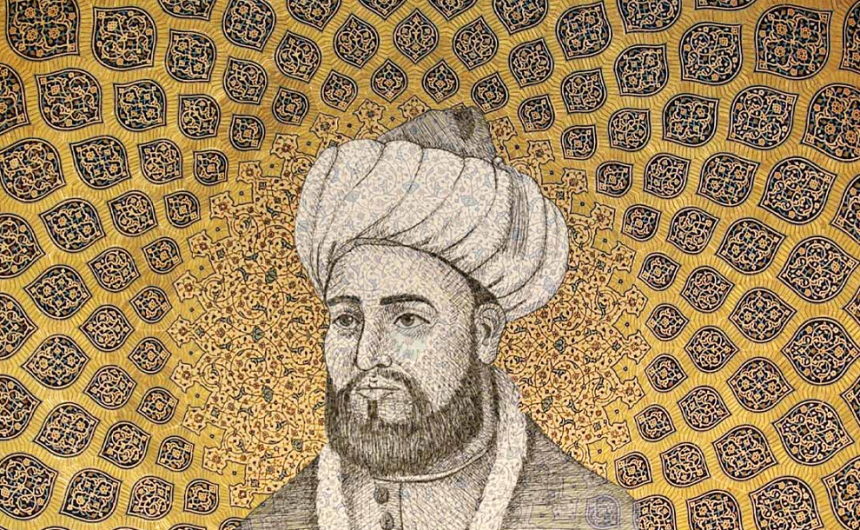Abu Hamid Muhammad Al-Ghazali, one of the most influential Islamic philosophers, theologians, and mystics, occupies a pivotal place in the history of Islamic thought. Known as “Hujjat al-Islam” (Proof of Islam), Al-Ghazali’s intellectual legacy bridges reason and revelation, offering a profound synthesis of philosophy, ethics, and spirituality. His works continue to inspire scholars, students, and spiritual seekers worldwide, providing a roadmap for navigating the complexities of human existence.
Al-Ghazali’s philosophy is deeply rooted in the reconciliation of reason with faith. He approached philosophical inquiry with an openness to reason while anchoring it firmly in the Qur’anic worldview. One of his seminal works, Tahafut al-Falasifa (The Incoherence of the Philosophers) critiques the excessive rationalism of philosophers like Avicenna and Al-Farabi, particularly in their metaphysical doctrines. Al-Ghazali argued that philosophy must remain subservient to divine revelation, as human reason has its limits in grasping ultimate truths. This work not only addressed intellectual challenges but also reaffirmed the importance of divine guidance in navigating moral and existential questions.
Central to Al-Ghazali’s philosophy is his ethical framework, which is inseparable from his spiritual thought. In his magnum opus, IhyaUlum al-Din (The Revival of the Religious Sciences), Al-Ghazali elaborates on the interconnection between the soul, morality, and the pursuit of divine proximity. For Al-Ghazali, ethics is not merely a set of rules but a transformative process aimed at refining the soul and aligning it with the divine will. He draws heavily from the Qur’an and Hadith, emphasizing virtues such as sincerity (ikhlas), patience (sabr), gratitude (shukr), humility (tawadu), and trust in God (tawakkul).
Al-Ghazali’s ethical teachings revolve around the concept of tazkiyah (purification of the soul). He believed that human beings are inherently endowed with both virtuous and base qualities, and the ethical life involves nurturing virtues while restraining vices. Drawing on Islamic metaphysics, he described the soul as a battleground where reason (aql), desire (nafs), and anger (ghadab) compete for dominance. The ethical person, according to Al-Ghazali, is one who harmonizes these faculties under the guidance of reason and revelation, achieving a state of equilibrium and spiritual enlightenment.
One of Al-Ghazali’s most notable contributions to ethics is his theory of the “mean” (wasat), akin to Aristotle’s doctrine of the golden mean. He argued that virtues lie in moderation, avoiding extremes of excess and deficiency. For instance, courage is the balanced state between recklessness and cowardice, while generosity is the mean between prodigality and miserliness. This ethical framework, grounded in moderation, offers a practical and universally applicable approach to moral decision-making.
Another distinctive feature of Al-Ghazali’s ethical philosophy is his emphasis on intention (niyyah). He argued that the moral value of actions is determined not solely by their outward appearance but by the sincerity of the intention behind them. This principle underscores the importance of self-awareness and accountability in moral life. It also highlights Al-Ghazali’s belief in the transformative power of spirituality, as purifying one’s intentions leads to a deeper connection with God.
Al-Ghazali also delved into social ethics, advocating for justice, compassion, and the well-being of society. He emphasized the communal nature of human existence and the necessity of fostering harmonious relationships. His ethical vision extends beyond individual piety to include responsibilities toward others, such as fulfilling obligations to family, neighbors, and society at large. His insights remain profoundly relevant in today’s world, where ethical dilemmas often arise in balancing personal interests with collective well-being.
Al-Ghazali’s synthesis of ethics and spirituality offers a holistic model for addressing existential anxieties. He recognized that human life is inherently transient, and true contentment lies not in worldly pursuits but in the remembrance of God and the preparation for the afterlife. His writings inspire readers to reflect on the ultimate purpose of life, urging them to cultivate virtues and transcend the ephemeral to achieve eternal happiness.
Thinking the Ghazali way entails a journey of intellectual humility, ethical discipline, and spiritual elevation. Al-Ghazali’s philosophy, particularly his ethical teachings, provides a timeless framework for navigating the challenges of human existence with wisdom, balance, and divine guidance. By harmonizing reason and faith, inner purification and outward action, his thought continues to illuminate the path for those seeking meaning and moral clarity in a complex world.
(Author is Assistant Professor Philosophy; Academic Arrangement at GDC Kulgam. Feedback: [email protected])








